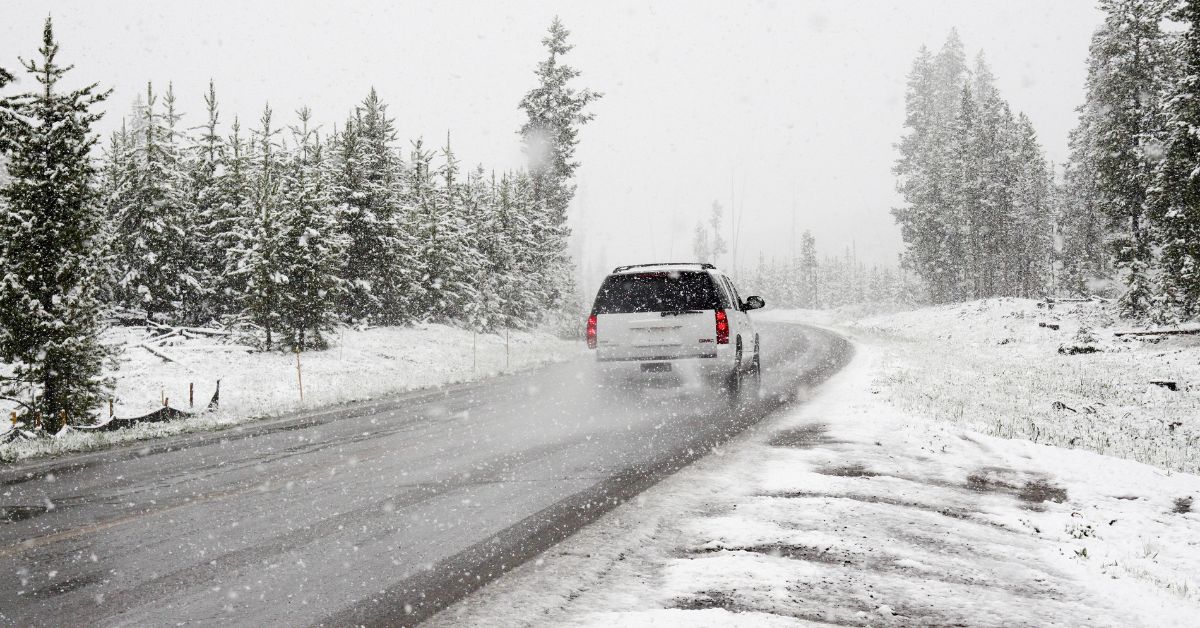Colorado’s breathtaking landscapes offer more than just scenic beauty—they are also home to diverse water sources that supply homes and businesses across the state. However, many Colorado homeowners may not realize that the chemistry of their water changes with the seasons. Understanding how these shifts occur can help you take proactive steps to protect your family’s health and your home’s water-using appliances.
Winter: Road Salts and Corrosion Risks
Colorado’s winter weather brings snow and ice—and with them, road salts and chemical deicers. These substances can wash into local water supplies, increasing sodium and chloride levels. Higher salt content in water can contribute to corrosion in pipes and water-using appliances, potentially shortening their lifespan and leading to costly repairs.
Solution: A water softener can help manage mineral buildup, but for homes affected by elevated sodium and chloride, a specialized filtration system designed to handle salts is essential. Regular maintenance and filter changes are especially important during the colder months.
Spring: Runoff and Rising Contaminants
As snow melts and spring rains arrive, Colorado experiences significant runoff. This runoff carries fertilizers, pesticides, and other pollutants from lawns, farms, and urban areas into rivers, lakes, and groundwater. Higher nitrate levels and chemical runoff can compromise water quality, impacting both taste and safety. For residents relying on well water or those in agricultural regions, these contaminants can pose health risks if not properly filtered.
Solution: Installing a whole-house water filtration system can reduce the presence of nitrates, pesticides, and other chemicals. Routine water testing in the spring ensures that any seasonal spikes in contaminants are addressed promptly.
Summer: Algae Blooms and Disinfection Byproducts
Colorado’s hot, dry summers create ideal conditions for algal blooms in reservoirs and lakes. While not always harmful, certain algae species produce toxins that can affect drinking water. Additionally, increased organic matter reacts with chlorine used in municipal water treatment, forming disinfection byproducts (DBPs) such as trihalomethanes (THMs). These byproducts are linked to potential health risks with long-term exposure.
Solution: A reverse osmosis (RO) water filtration system is highly effective in reducing DBPs and removing harmful toxins produced by algae. Staying hydrated during the summer is important, and having safe, clean water makes it easier and more enjoyable.
Fall: Organic Matter and Taste Changes
Autumn in Colorado brings falling leaves and decaying vegetation, which can leach organic materials into water sources. These compounds can cause musty or earthy tastes and odors in tap water. Additionally, as water temperatures drop, treatment facilities may adjust chemical dosing to maintain water safety, which can further affect taste and smell.
Solution: Activated carbon filters are excellent for reducing bad tastes and odors caused by organic matter. For comprehensive protection, combining activated carbon with a whole-house system ensures your water remains fresh and clean throughout the fall.
Year-Round Protection for Colorado Homes
Seasonal changes in water chemistry can impact more than just taste—they can affect your health, your appliances, and your overall water quality. Aqua Serve offers tailored water treatment solutions designed to handle Colorado’s unique water challenges year-round. From whole-house systems to advanced reverse osmosis units, we ensure your family enjoys clean, safe water in every season.



